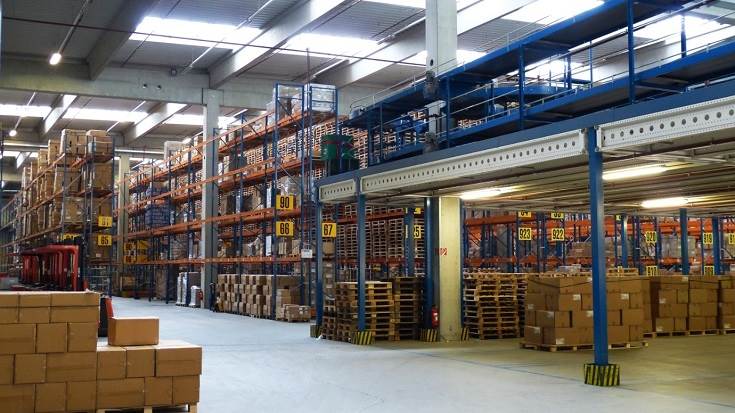
By Vivek Juneja
Gone are the days when congestion, delays, and inefficiencies were the stumbling blocks of the supply chain. Today, a new force is emerging, promising to reshape the sector of Indian logistics: tech-enabled control towers.
These towers represent the forefront of logistics innovation, seamlessly blending cutting-edge technology with expert oversight to optimise supply chain operations. They are revolutionising how goods are moved, monitored, and managed, setting a new standard for logistics excellence in the digital age.
Understanding Tech-Enabled Control Towers
Understanding tech-enabled control towers is pivotal in grasping the transformative potential of modern logistics. Essentially, these control towers are refined command centres where artificial intelligence, IoT sensors, data analytics, and other similar advanced technologies converge with human expertise to cater to the complexities of supply chain operations. They provide a comprehensive view of the logistics ecosystem, offering real-time visibility into shipments, inventory, and transportation networks.
By leveraging predictive algorithms, they can anticipate disruptions and recommend agile responses that ensure a proactive approach to challenges like delays or capacity constraints. Tech-Enabled Control Towers empower businesses with actionable insights and the ability to make informed decisions in an ever-evolving global marketplace.
The Power of Control Towers in Supply Chain Management
Control towers have emerged as crucial components in modern logistics operations, revolutionising how businesses manage their supply chains. Some of the best features they offer are:
- Idle Time Management: Control towers with intelligent monitoring systems can detect and alert Control Room officers when vehicles are idling for extended periods. This real-time visibility enables immediate intervention to reduce idle time, directly translating into cost savings through reduced fuel consumption and increased operational efficiency.
- External Power Failure (EPF) Alerts: In logistics operations, power failures can disrupt communication, tracking, and other critical systems. Control towers equipped with EPF monitoring can swiftly identify such events and switch to backup power sources, ensuring uninterrupted operations and minimising the risk of service disruptions.
- Route Deviation Detection: Control towers also track vehicle routes in real time. When a deviation from the planned route occurs, Control Room officers are promptly alerted. This allows for quick corrective actions, preventing delays and ensuring that goods are delivered timely.
- Over-Speeding Control: Over-speeding poses a safety risk and can lead to increased fuel consumption and vehicle wear and tear. Control towers can monitor vehicle speeds and provide real-time alerts to Control Room officers, who can take immediate action to ensure safe driving practices.
- Driver Well-being: Monitoring driver well-being is crucial to safety and efficiency. Control towers can track harsh acceleration and extended vehicle idle times. These indicators can be used to assess driver fatigue and stress levels. Alerts can be generated when drivers exhibit signs of exhaustion, enabling timely interventions to ensure their well-being and the safety of goods in transit.
- Goods Safety: Control towers contribute significantly to goods safety by monitoring vehicle behaviour and environmental conditions. This includes temperature control for perishable goods, security breaches, and unexpected incidents. When abnormalities are detected, Control Room officers can take immediate actions to safeguard the goods and notify relevant stakeholders.
Charting a Tech-Driven Course for Control Towers
By utilising the abilities of artificial intelligence and machine learning, tech-enabled control towers are on the verge of offering predictive analytics that can anticipate disruptions, optimise routes and enhance overall operational efficiency with unparalleled precision.
Sustainability will also be a major focus, as these control towers prioritise environmentally friendly practices to reduce emissions through optimised routing and green transportation methods. This transformation, characterised by end-to-end visibility and adaptability across industries, is not only set to revolutionise the Indian logistics sector but also position it as a global leader in efficiency, sustainability, and competitiveness on the centre stage.
(The author is Vivek Juneja, Founder and Managing Director at Varuna Group, and the views expressed in this article are his own)





